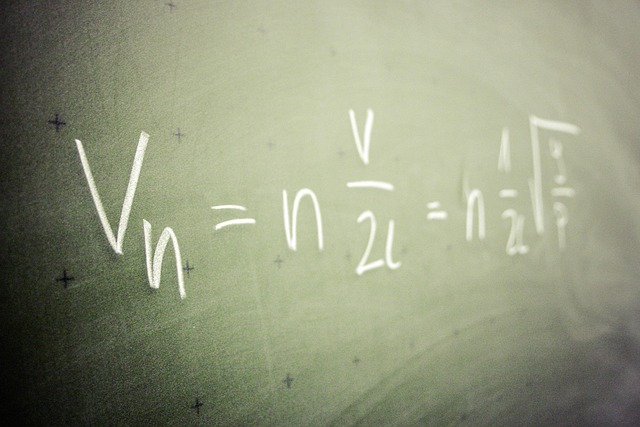Probability distributions are crucial tools in both statistics and the Math of Online Casinos, enabling analysis and prediction of game outcomes. By understanding types like normal, binomial, and Poisson distributions, operators ensure fair play, manage risks, and set house edges effectively. This knowledge benefits players, who can make informed decisions to enhance their gaming experience and potentially improve winning chances. The Math of Online Casinos leverages sophisticated algorithms, risk-reward calculations, and advanced statistics to offer entertaining and profitable options while adhering to regulatory standards.
Probability distributions are fundamental tools in understanding random events. This article delves into the core concepts, exploring how they form the bedrock of statistical analysis. We navigate through the intricate math underlying online casinos, demonstrating the practical application of probability distributions in games of chance. Furthermore, we unravel common types such as Binomial, Poisson, and Normal, providing insights that will captivate both statisticians and enthusiasts of the Math of Online Casinos.
- Understanding Probability Distributions: The Foundation of Random Events
- Math of Online Casinos: Applying Probability Distributions to Games of Chance
- Unraveling Common Probability Distributions: Binomial, Poisson, and Normal
Understanding Probability Distributions: The Foundation of Random Events

Probability distributions are fundamental tools in statistics and mathematics, serving as the backbone for understanding and modeling random events. In the context of online casinos and gambling, these mathematical concepts become increasingly relevant. The math behind probability distributions helps us comprehend and predict outcomes in games of chance, from slot machine spins to card shuffles.
By studying various types of probability distributions—such as normal, binomial, or Poisson—we gain insights into how likely different results are to occur. This knowledge enables casino operators to design fair games, set house edges, and manage risks effectively. Moreover, understanding probability distributions allows players to make informed decisions, enhancing their gaming experience and potentially increasing their chances of winning in the world of online casinos.
Math of Online Casinos: Applying Probability Distributions to Games of Chance

The Math of Online Casinos is a fascinating intersection of probability theory and gaming, where complex algorithms govern outcomes. Probability distributions play a pivotal role in determining the likelihood of various events in online casino games. These mathematical models assign probabilities to each possible outcome, shaping the player’s experience. For instance, consider a slot machine game; the random number generator (RNG) uses a specific distribution to decide when and which symbols will appear on the reels, ensuring fairness and unpredictability.
By employing probability distributions, online casinos can offer games that are both entertaining and statistically balanced. This approach allows for the calculation of expected values, helping players understand their chances of winning. Moreover, it enables casino operators to design games with varying levels of risk and reward, attracting diverse player demographics. The Math of Online Casinos is a dynamic field where advanced statistical techniques not only enhance the gaming experience but also contribute to the industry’s overall growth and regulation.
Unraveling Common Probability Distributions: Binomial, Poisson, and Normal

In the realm of the Math of Online Casinos, understanding probability distributions is paramount. Among the many distributions that govern random events, three stand out as fundamental: Binomial, Poisson, and Normal. Each distribution offers a unique perspective on how outcomes can vary and cluster around an average.
The Binomial distribution, for instance, is often used to model events with a fixed number of trials, such as flipping a coin multiple times. It’s characterized by two parameters: the number of trials (n) and the probability of success in each trial (p). This makes it ideal for scenarios where you have discrete, independent trials resulting in either a success or a failure. The Poisson distribution, on the other hand, is suitable for rare events that occur independently over time, like the number of customers arriving at an online casino within a given hour. It’s defined by a rate parameter (λ), indicating the average number of events per unit of time. In contrast, the Normal distribution, with its bell-shaped curve, represents continuous random variables and is frequently used to model the distribution of population means, including outcomes in Math of Online Casinos.
Probability distributions are an indispensable tool in understanding random events, as illustrated by their integral role in the math of online casinos. By modeling outcomes in games of chance, from slot machine spins to card shuffles, these distributions provide valuable insights into likelihood and frequency. This article has explored fundamental concepts, delved into common distributions like binomial, Poisson, and normal, and demonstrated their practical applications. As you navigate the world of online gaming, keep in mind the underlying mathematics that makes these experiences both entertaining and fair.






